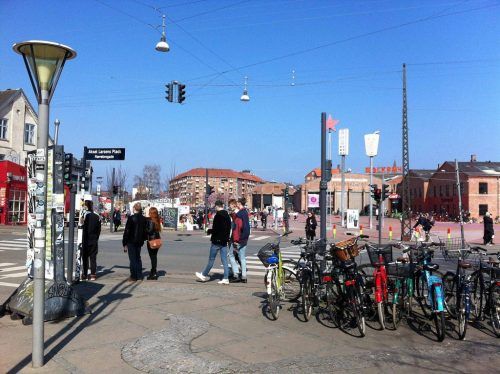The newly-released second volume of the book ‘Dansk Sprogshistorie’ (history of the Danish language) reveals the extent to which words from other languages have become .
The volume ‘Word for Word for Word’, which is the second in a planned six-volume collection, explores how over the past few decades, many words have infiltrated the Danish cultural consciousness.
These words have become increasingly commonplace, especially amongst youth culture, exhibiting the wide influence of immigrants on Danish culture.
Entering the mainstream
Arabic and Turkish words have proven to be particularly popular. Words such as ‘yalla’ (hurry up), ‘habibi’ (a term of affection) and ‘lan’ (‘man’ at the end of the sentence) are often used as slang within a Danish context.
People from a diverse range of ethnic backgrounds, including native Danes, use the words, which has resulted in them becoming more commonplace within Danish society.
Words come and go
The use of these words are most commonplace in ethnically diverse neighbourhoods such as Nørrebro. This is nothing new as Nørrebro has had a variety of different languages being spoken as early as the 1950s owing to its history of multiculturalism.
But new words from a different language becoming commonplace is hardly unusual – for example, as in the case of the wide range of English words used in Denmark and many other countries.















